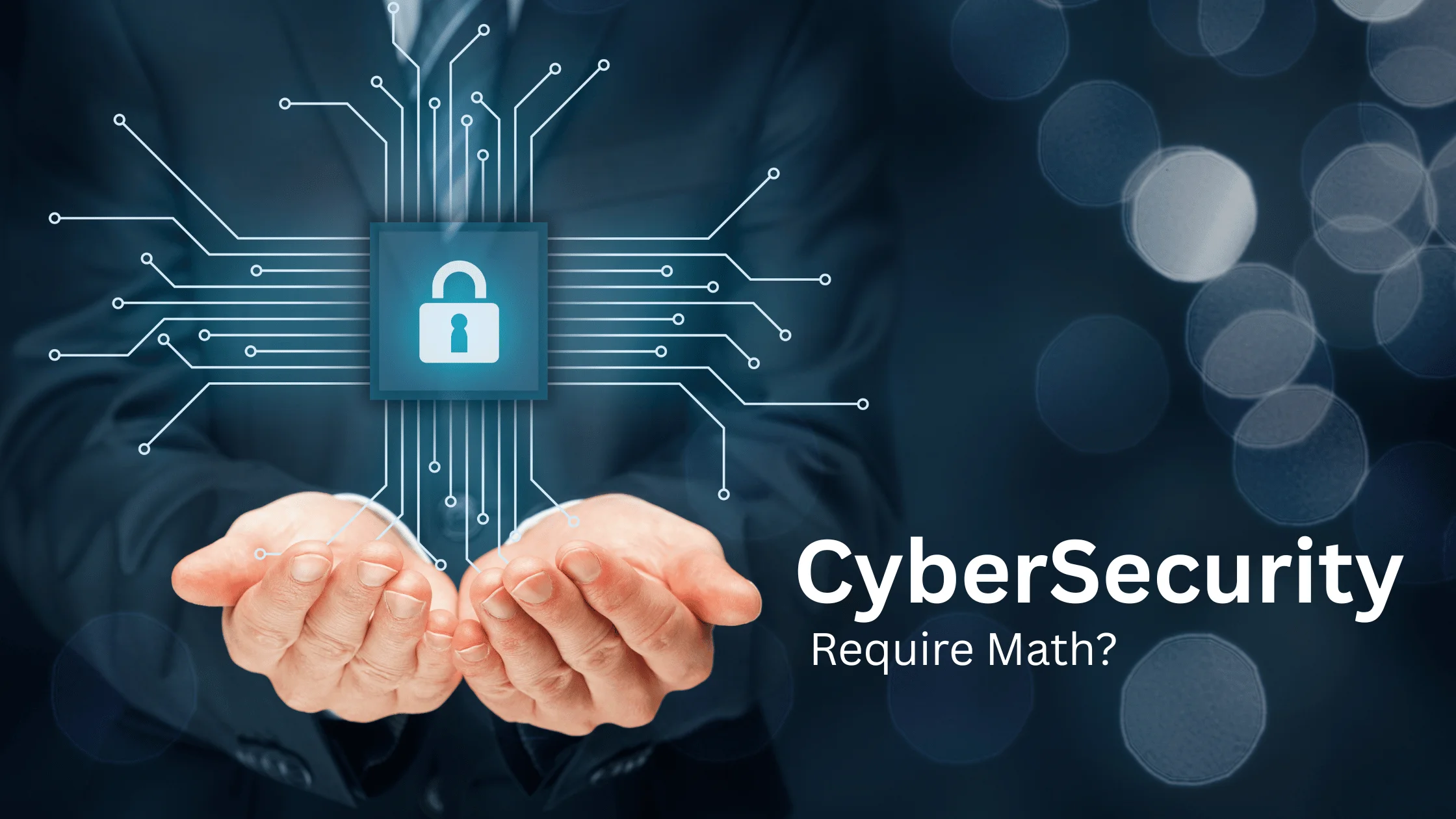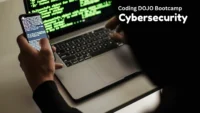Does Cybersecurity Require Math? A Practical Deep Dive
Published: 22 Jun 2025
Cybersecurity sits at the intersection of technology, logic, and strategy, fields that often depend on mathematical thinking.

But does that mean you need to be a math whiz to succeed in cybersecurity? Not necessarily. Let’s break it down.
1. The Myth vs. Reality of Math in Cybersecurity
The popular belief is that cybersecurity professionals spend their days buried in equations and complex formulas. While math is involved, it’s more about problem-solving, logic, and pattern recognition than advanced calculus.
In reality, Most roles require only foundational math and logical reasoning. That said, the depth of mathematical knowledge required depends heavily on your specialization.
2. What Kind of Math Is Actually Used?
Here’s a structured look at the types of math relevant to different cybersecurity domains:
| Type of Math | Where It’s Used in Cybersecurity |
|---|---|
| Boolean Logic | Vital for threat modeling, risk assessment, and anomaly detection |
| Binary & Hex Math | Crucial for understanding machine-level data and packet analysis |
| Modular Arithmetic | Used extensively in encryption algorithms and cryptography |
| Statistics & Probability | Vital for threat modeling, risk assessment, anomaly detection |
| Linear Algebra | Applied in machine learning for cybersecurity (e.g., intrusion detection) |
| Number Theory | Backbone of cryptographic systems like RSA and ECC |
Each of these domains taps into different aspects of math, from simple logical flows to abstract algebraic structures.
3. Specialization Matters: Math by Role
- Security Analyst: Minimal math; mostly analytical thinking, log file analysis, and incident response.
- Penetration Tester: Basic math and scripting knowledge is often enough; logic and creativity are more crucial.
- Cryptographer: Heavy math required, modular arithmetic, number theory, and combinatorics are routine.
- Cybersecurity Researcher (AI/ML): Requires understanding of linear algebra, statistics, and optimization algorithms.
In essence, the further you go into algorithm design and AI applications, the more math becomes central to your work.
4. Math as a Way of Thinking
Even when you’re not crunching numbers, mathematical thinking, logical reasoning, structured problem-solving, and attention to detail are critical. Think of math here less as a subject and more as a mindset that can sharpen your decision-making and strategy development.
5. Can You Succeed Without Strong Math?
Yes, absolutely. Many professionals build successful careers in cybersecurity with only a foundational grasp of math. The key lies in:
- Understanding concepts, not formulas
- Being comfortable with logical frameworks
- Willingness to learn tools and techniques as needed
Tools like Wireshark, Metasploit, and Splunk do most of the number-crunching; your job is to interpret results and act strategically.
6. How to Strengthen Math for Cybersecurity
If you want to solidify your math skills for this field, focus on:
- Learning modular arithmetic and Boolean logic
- Understanding statistical methods for analyzing threats
- Practicing basic programming with Python or Bash
- Exploring cryptography with tools like CrypTool or CryptoHack challenges
Conclusion: Does Cybersecurity Require Math?
Yes, but not the kind that should scare you away. Cybersecurity demands mathematical thinking more than advanced equations. Whether you’re decoding encrypted payloads or tracing anomalous behavior in a network, it’s your logic, attention to detail, and adaptability that matter most.
So, if you’re passionate about cybersecurity, embrace the math you need and don’t worry about what you don’t.

- Be Respectful
- Stay Relevant
- Stay Positive
- True Feedback
- Encourage Discussion
- Avoid Spamming
- No Fake News
- Don't Copy-Paste
- No Personal Attacks

- Be Respectful
- Stay Relevant
- Stay Positive
- True Feedback
- Encourage Discussion
- Avoid Spamming
- No Fake News
- Don't Copy-Paste
- No Personal Attacks





